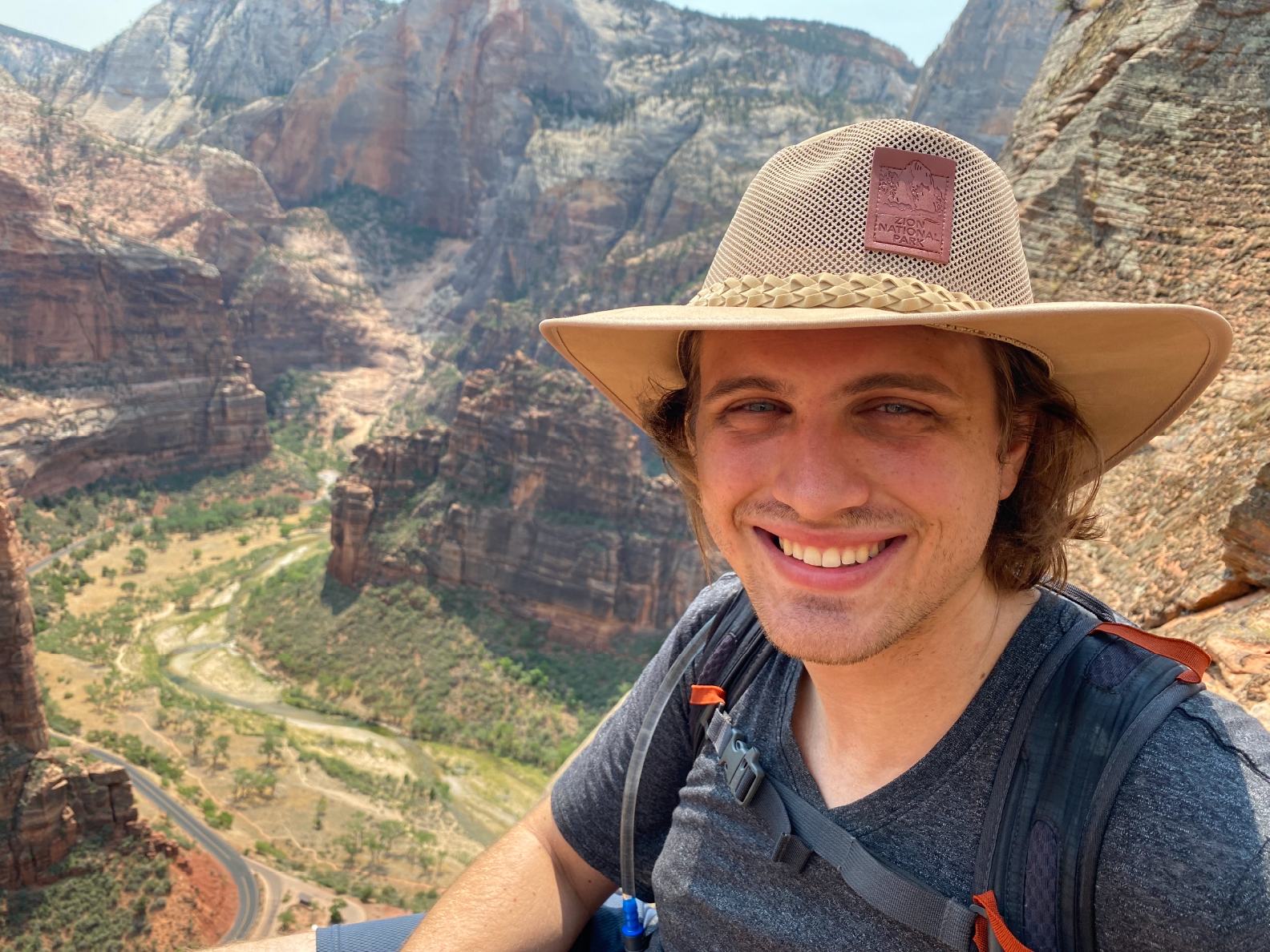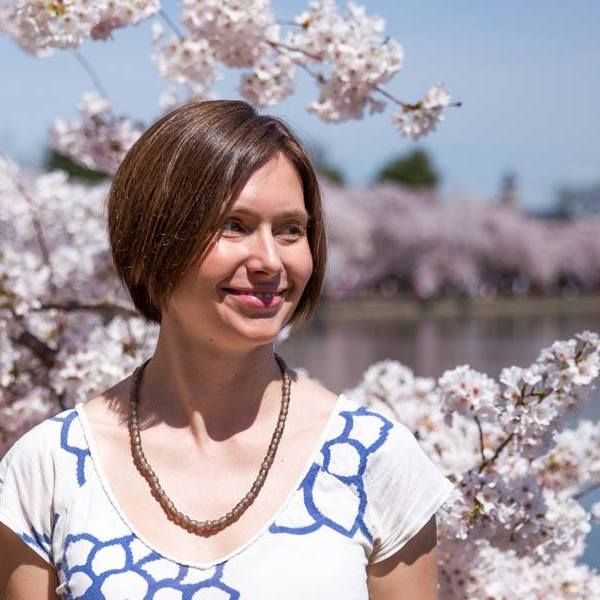Graduate Student Profile: Alex Roman
By Davis Chen
Edited by Pranav Satheesh

Ever since watching NOVA documentaries as a child in Silver Lake, Michigan, Alex Roman developed a love for space and science. While at the New College of Florida, this love started to transform into a need to understand things for their own sake. As a graduate student at the University of Florida, Alex has developed an acute interest in machine learning (ML) with an overarching career goal of wanting to improve people’s lives.
A PhD Physics student can choose many paths while in graduate school. It is fair to say that a significant fraction of incoming students are interested in the pipeline that leads toward prestigious careers in academia. Still, only a small fraction actually end up there. When Alex was in his first year of graduate school, he wanted to pursue research in fundamental mathematical physics but realized that the long feedback loop typical for this area of Physics may not be as appealing as he once thought. After joining Professor Matchev’s research group, Alex spent most of his time on programming. He soon realized that he was good at it and enjoyed the faster feedback he got. This interest in ML, combined with the recent promise of the benefits of artificial intelligence (AI) to society as a whole, would carry much influence over the rest of Alex’s PhD research.
Alex first started with projects involving computational geometry to interpret data from the Large Hadron Collider (LHC) and projects involving the Earth Mover’s Distance method. A few years later, Alex started to also work with Professor Matcheva. His projects shifted towards characterizing an exoplanet’s atmosphere using ML. Eventually, Alex led his group to partake in NeurIPS’s Ariel Machine Learning Data Challenge. After competing against over 200 groups to tackle a task simulating the composition of the atmosphere and temperature from a large dataset of exoplanets, Alex’s group won first place.
His focus would shift again towards using machine learning to find symmetries. “There is a difference between doing research in a group versus having your very own idea and vision. I was driving my own research and doing most of the coding myself and ended up being the first author of a few papers,”—Alex said.
Recently, Alex successfully defended his PhD thesis. He is looking forward to future endeavors. He will first finish papers summarizing his most recent work on symmetries, which he strongly believes to have a broad impact on the ML field. After that, he hopes to become a research scientist at an AI research lab. “The future of AI research has enormous potential. In the next 20 years, we could probably develop artificial general intelligence, which can rapidly accelerate scientific research,” said Alex.
[1] https://physicsworld.com/a/the-academic-pyramid/Return to the Spring 2023 newsletter.
